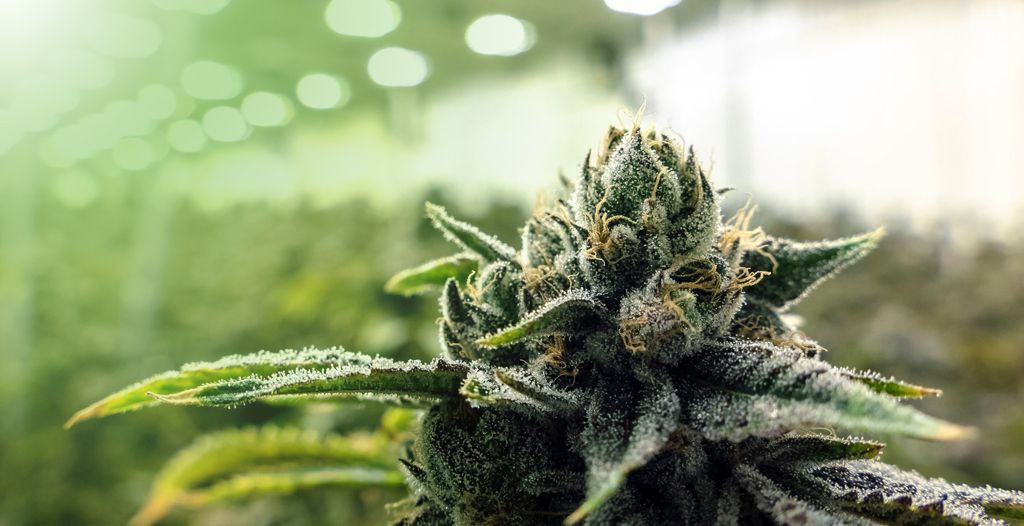Colorado Marijuana Laws: A State By State Comparison of Cannabis Law

If you are curious about Colorado’s latest marijuana laws, you are not alone. Legalization of marijuana stirs curiosity among many people, including those who have never used it. For example, some people may wonder why there are some places where marijuana usage is prohibited, or how Colorado’s laws differ from those in neighboring states.
Understanding Colorado’s stance on cannabis is important, even if you rarely use marijuana or never plan to try it. Below is a look at Colorado’s marijuana laws and some reasons why you may want to contact an experienced drug charges lawyer.
Comparing Colorado Marijuana laws to other states
Colorado is currently one of eleven states where recreational and medicinal marijuana are legal. When compared to other states where marijuana is legal, Colorado is viewed as one of the three most lenient states when it comes to laws and regulations.
Are there any places where marijuana is NOT legal in Colorado?
Yes. While marijuana is legal in Colorado, there are some situations in which marijuana use is forbidden. It is up to you to be aware of these situations and adhere to applicable guidelines. Here are three places where it is not legal to use marijuana in Colorado:
1) In public
In Colorado, it is illegal to use marijuana in public locations such as parks, schools, amusement venues, and playgrounds. Usage is also forbidden on sidewalks, roads, and at transportation facilities. Public indoor venues such as restaurants and bars are also off-limits.
2) In a motor vehicle
“Marijuana may be carried in cars but it may not be in an open container and cannot cross state boundaries. It is illegal to use or consume marijuana in a motor vehicle and it is illegal to drive under the influence of marijuana.” – City and County of Denver
While you can transport marijuana in your vehicle, you cannot store it in an open container. You are also breaking the law if you drive while you are under the influence of marijuana or use marijuana while you are in a motor vehicle.
3) On city buses and other public transportation
It is illegal to use marijuana on a public bus, airport rail, train, or any other type of public transportation. The City and County of Denver also note that “It is illegal for drivers and front-seat passengers to use marijuana in vehicles designed for private, for-hire transportation in Denver.”
In addition to adhering to these rules, you must be 21 years old to purchase, carry, or use retail marijuana. And it is illegal for anyone to give or sell marijuana to anyone under 21. Finally, you can only purchase up to one ounce of marijuana at once in Colorado.
How can a Colorado marijuana lawyer help you?
If you are like many Colorado residents, you are reading this article out of curiosity. Or, you may wonder what the latest changes are to Colorado marijuana laws and how the newest laws will impact you. Here are a couple of ways a Colorado drug crime lawyer can help you.
1) Help you better understand Colorado’s marijuana rules and regulations
The State of Colorado’s Marijuana Enforcement Division outlines the latest Colorado Marijuana Rules that apply in the state. These rules are summarized with legal jargon in a document that is 382 pages long. An experienced lawyer can help you make sense of these rules and make sure that you are adhering to them.
2) Provide guidance if you are planning to open a cannabis business
“Navigating complicated and rapidly changing state requirements for the cannabis industry, while also avoiding federal prosecution can be a daunting task. A knowledgeable attorney can help simplify the process and ensure your cannabis business is protected against potential legal risks.” – FindLaw
Colorado’s annual cannabis sales recently reached $1 billion, in great part because there are now over 3,000 cannabis businesses in the state. If you are thinking about launching a cannabis business yourself, a marijuana business attorney can help you make sure that you are fully compliant with all industry rules and regulations.
3) Explain federal implications in simple language
“Marijuana remains illegal under federal law, where it’s still classified as a controlled substance. This difference between Colorado and federal laws can lead to challenges in knowing how and where the different laws apply. Consult with legal advisers to be sure you fully understand how federal and state laws may affect you.” – State of Colorado
Marijuana is still considered a controlled substance at the federal level, making it illegal from a national standpoint, as well as in any federally owned national parks. An accomplished cannabis lawyer can help you understand the differences between state laws and federal laws, and the impact each type of law may have on you as a resident.
What should you do if you ever need help with a marijuana-related issue?
Marijuana is legal in Colorado. However, there are legal limits on buying, selling and using marijuana. If you have questions about these laws, or if you ever find yourself facing marijuana-related charges, the best thing to do is to contact a marijuana lawyer in Colorado. An experienced drug charges attorney can help ensure that you fully understand the latest marijuana laws and how they impact you. Most importantly, a great marijuana lawyer will serve as your legal advocate if you ever personally need help with a marijuana-related issue.

